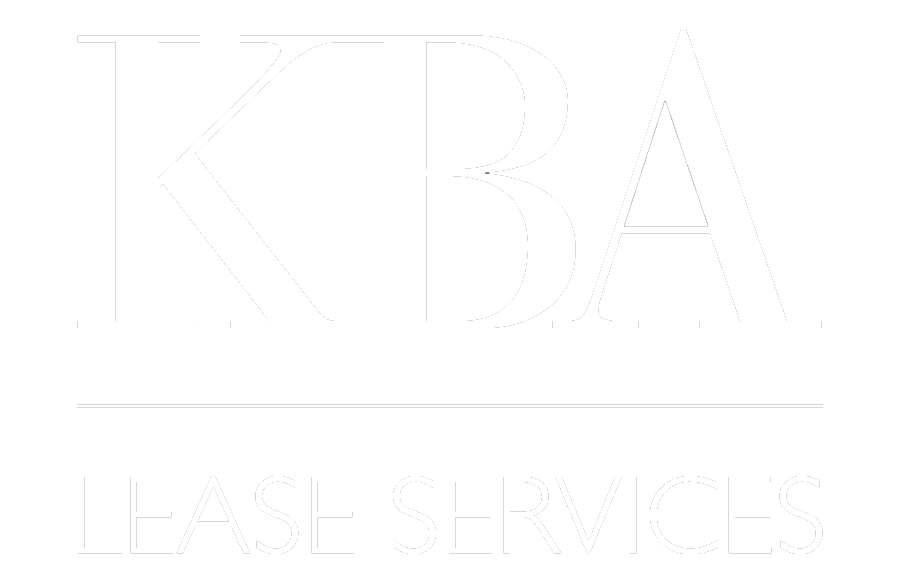Many tenants are retaining outside firms to audit their leases. Here are some suggested criteria for selecting a lease audit firm.
Focus
Lease auditing as firm’s primary focus. As with any industry or profession, firms that specialize in one single area provide the highest level of service because their entire financial success and reputation depends on it. Inquire as to whether lease auditing is the firm’s primary focus or whether it is a side business.
No representation of landlords. It is virtually impossible for a lease audit firm to be an effective tenant representative when it also represents landlords because it cannot advocate contradictory positions with equal conviction. In addition, if a firm has a significant landlord client base to which it must cater, it will likely want its lease audit activities to stay “below the radar.” To maintain their landlord client base, it will also likely limit any lease audit findings to simple issues that do not require any significant interpretation or advocacy. Firms that represent both landlords and tenants cannot advocate contradictory positions with equal conviction.
Expertise
Proper skill set. The more complex the lease, the more likely it will be misinterpreted. In order to be an effective, the lease audit firm must understand complex leases to the level of being able to negotiate them. The skill set required includes legal, accounting and property management expertise. Find out if the firm possesses these skills and whether they are in-house or provided by a third party.
Business Approach. Lease audit issues fall into two categories: issues rooted in accounting that are based on lease language, and issues that are based on underlying business fairness. The lease audit firm should demonstrate that it can integrate technical legal and accounting issues with the realities of business.
Ability to recognize when overcharges do not exist. Many audit firms fall into the trap of objecting to charges that are actually allowable given the proper analysis. It is critical that the firm have the experience to recognize when claims have no merit. Otherwise, it may unwittingly pursue them and cause serious damage to the landlord-tenant relationship.
Ability to resolve cases without litigation. The incidence of litigation is a key metric in evaluating the effectiveness of a lease audit firm. In almost all cases, if a claim is valid and is properly presented, the landlord will accede to it. The audit firm should have the proven ability to successfully negotiate with the most sophisticated landlords at peer level and settle cases without litigation.
Alignment with Client Needs
Sensitivity to client. The firm should understand where lease audit activities fit within the overall functioning of the real estate department and demonstrate a willingness to follow the direction and accommodate the needs of the client. This should be verified with client references.
Sensitivity to landlord-tenant relationships. A business’s ability to function in a space and maintain a positive working relationship with its landlord are very important. At the same time, the numbers must be right. A lease audit firm should be able to do what is necessary to verify and correct the numbers without adversely affecting the relationship.
Confidentiality / ethics / non-solicitation of other tenants. Part of proper behavior and of maintaining good landlord-tenant relations is giving landlords the confidence that settling a claim for one tenant will not result in a floodgate of claims from others. The audit firm should be readily willing to agree to keep all information confidential and have a policy of non-solicitation of other tenants in a building based on your results.
Focus on both long-term and short term impact. Many audit claims relate to fundamental misinterpretations of lease language. Correcting systemic errors can yield long-term savings even though the actual cash recoveries may be minimal. The lease audit firm should understand how to manage these issues so as to maximize the overall benefit to the client.
Capability
Depth and breadth of service. A company with multiple locations should verify that the firm can manage and perform a multiple audits concurrently, and that it can timely address all locations in the portfolio, regardless of size or geographic location. This is especially important given the time sensitivities in many leases.
Dedicated in-house staff. Because lease auditing is intensive and intimate it is important that the audit firm provide a consistent, dedicated staff with a single point of contact. There should be a defined, proven process for prioritizing the audits, obtaining documentation and developing and resolving claims.
Reporting / technology. The firm should produce regular status reports, and ideally, have on-line reporting so that the client can check the status of work in progress and generate reports. This will help in compliance with Sarbanes-Oxley and other corporate governance requirements.
Longevity / viability. The firm should be able to demonstrate its extensive experience and commercial viability. This should be verified through client references and financials.
Value / Fees
ROI. Lease audit fees should always be significantly less than the savings generated. The firm should be willing to guarantee this by tying its fees to its success. Determine if the firm is willing to waive its fee if it is unable to generate actual savings. Find out if you can guarantee the ROI of your lease audit investment by retaining the audit firm on a contingent fee basis (i.e., a percentage of the actual recovery).
Flexibility. Circumstances can arise in which a tenant must give up a lease audit claim in order to preserve the overall business relationship with its landlord. If the lease audit firm is retained on a contingency fee basis, be sure that you have the flexibility to drop a claim, and whether there would be an audit fee due in such a case.
Conclusion
There are a number of issues that must be addressed when considering retaining a lease audit firm. The most important is to ensure that the goals of both client and provider are aligned and that the firm has the proper focus, skill set and ethical standards.
